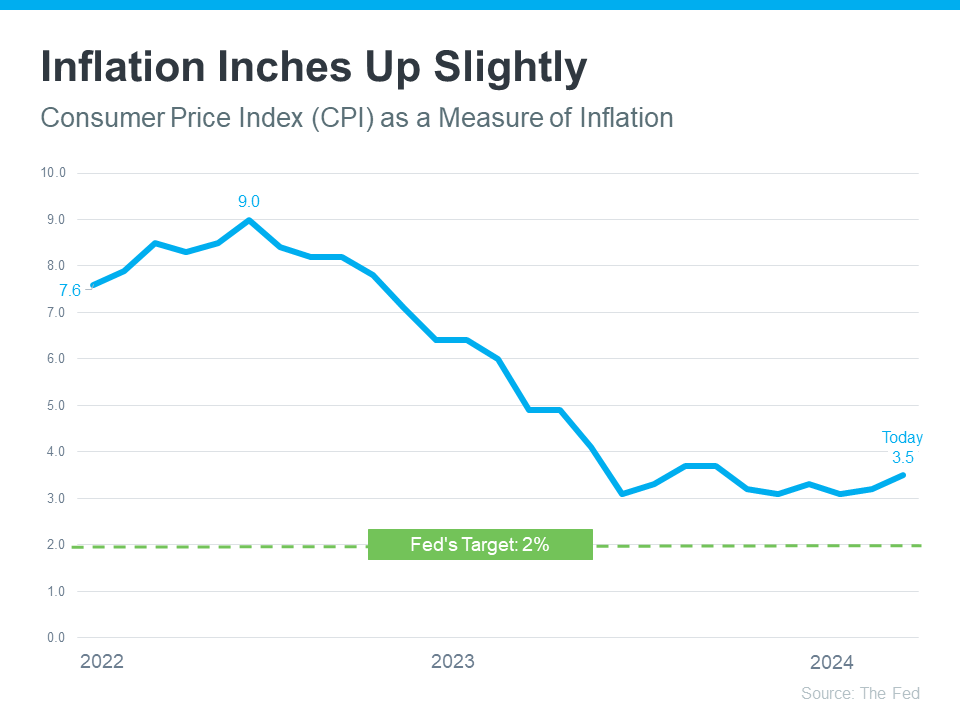Recent discussions about mortgage rates might have caught your attention, particularly the forecast that rates will stay elevated for a longer duration than previously anticipated. The rationale behind this adjustment lies in the latest economic indicators. Here’s a concise breakdown of the current state of mortgage rates and the projections from experts.
Factors Influencing Mortgage Rates
Various economic variables, including job market conditions, inflationary trends, consumer expenditure patterns, geopolitical tensions, and the Federal Reserve’s monetary policy decisions, collectively influence mortgage rates. Of late, much attention has been directed towards the Federal Reserve’s actions, which have a ripple effect on the mortgage market.
The Federal Reserve initiated a series of rate hikes in early 2022, aiming to temper economic growth and curb inflationary pressures. Although the Federal Funds Rate, which dictates interbank lending costs, doesn’t directly determine mortgage rates, its adjustments trigger responses in the mortgage market. Consequently, mortgage rates began an upward trajectory following these policy changes.
Despite significant progress in reigning in inflation since the peak in early 2022, the inflation rate has yet to align with the Fed’s target of 2%. While there has been a gradual decline, recent months have witnessed a slight uptick in inflation figures, prompting a reassessment of the Fed’s monetary policy stance. According to Sam Khater, Chief Economist at Freddie Mac, robust economic and inflationary data have prompted market reassessment, resulting in elevated mortgage rates.

The Impact of Inflation and Economic Outlook
Looking ahead, inflation and its broader economic implications will remain pivotal determinants of mortgage rate movements. Greg McBride, Chief Financial Analyst at Bankrate, emphasizes that the long-term outlook for economic growth and inflation fundamentally influences the trajectory of mortgage rates. In essence, inflation remains the central pivot affecting market dynamics.
Anticipated Changes in Mortgage Rates
Based on prevailing market dynamics, experts anticipate that as inflation stabilizes, the Fed may eventually opt to lower the Federal Funds Rate later this year. However, this adjustment is expected to occur later than initially projected. Mike Fratantoni, Chief Economist at the Mortgage Bankers Association (MBA), notes that the timing of rate adjustments has shifted due to robust economic indicators and persistent inflationary pressures. Consequently, while mortgage rates are forecasted to decrease later this year, the extent and pace of this decline may not align with previous predictions.
Navigating the Mortgage Market
Given the inherent volatility and unpredictability of market trends, attempting to time the market is often ill-advised. Rather than fixating on transient fluctuations, prospective buyers are advised to focus on their individual circumstances and housing needs. As suggested by experts, if purchasing a home aligns with your current financial situation and long-term goals, it’s prudent to proceed without undue concern for market fluctuations.
In Conclusion
For those seeking clarity on the evolving dynamics of the housing market and its implications, seeking guidance from knowledgeable professionals is essential. By staying informed and leveraging expert insights, individuals can make informed decisions tailored to their specific needs and circumstances. If you have inquiries regarding the housing market or mortgage rates, don’t hesitate to reach out for personalized assistance.

 Facebook
Facebook
 X
X
 Pinterest
Pinterest
 Copy Link
Copy Link


